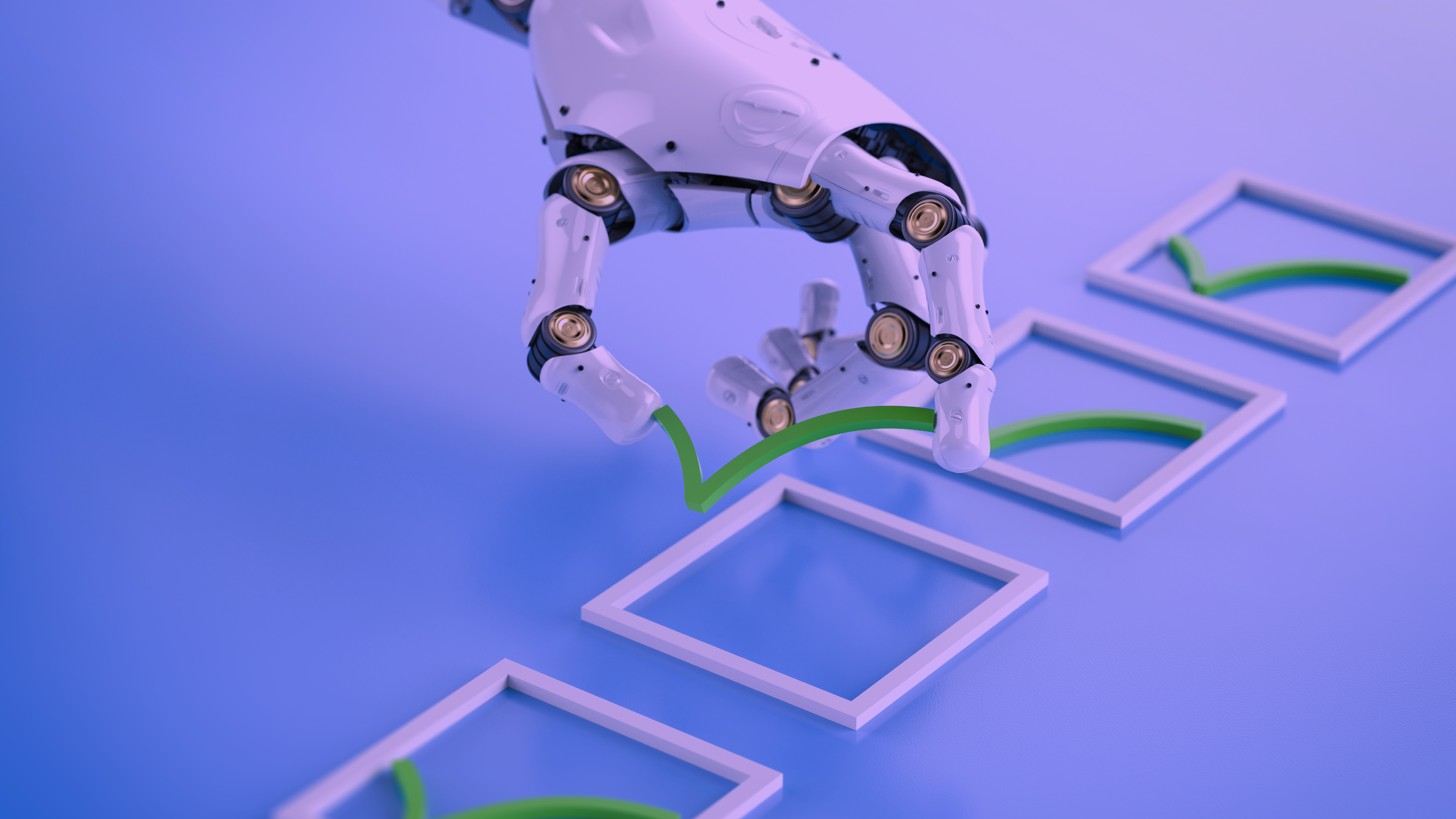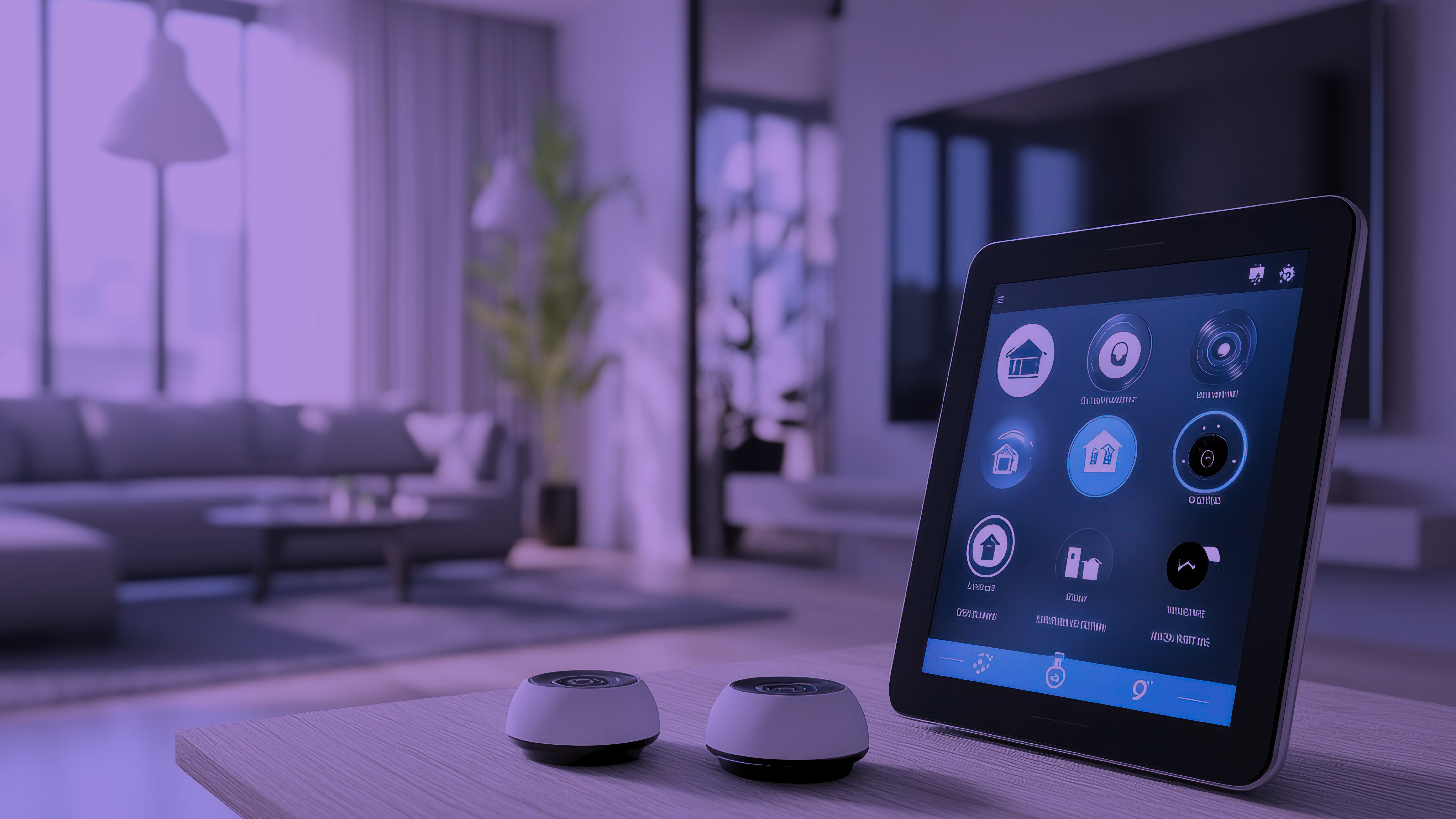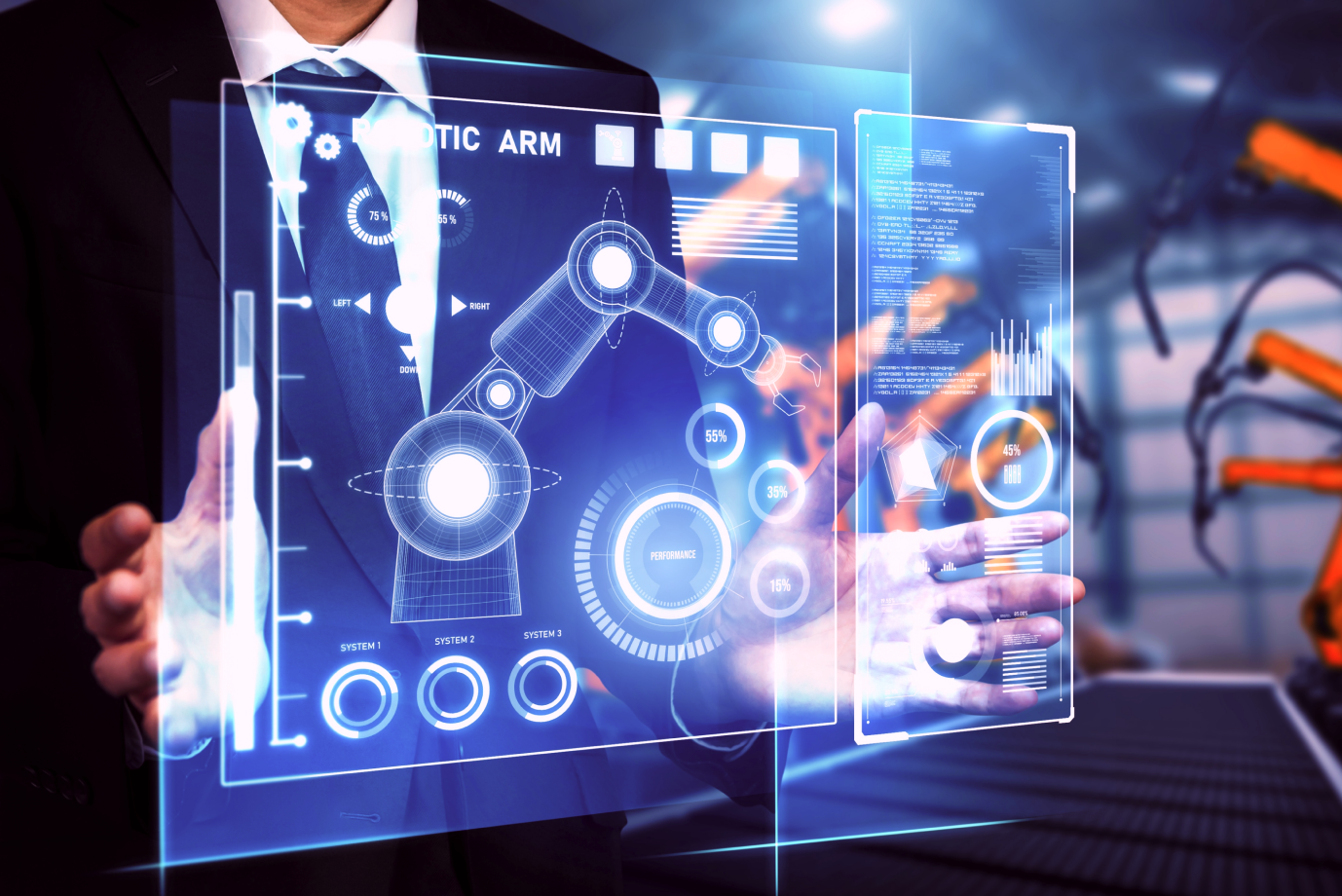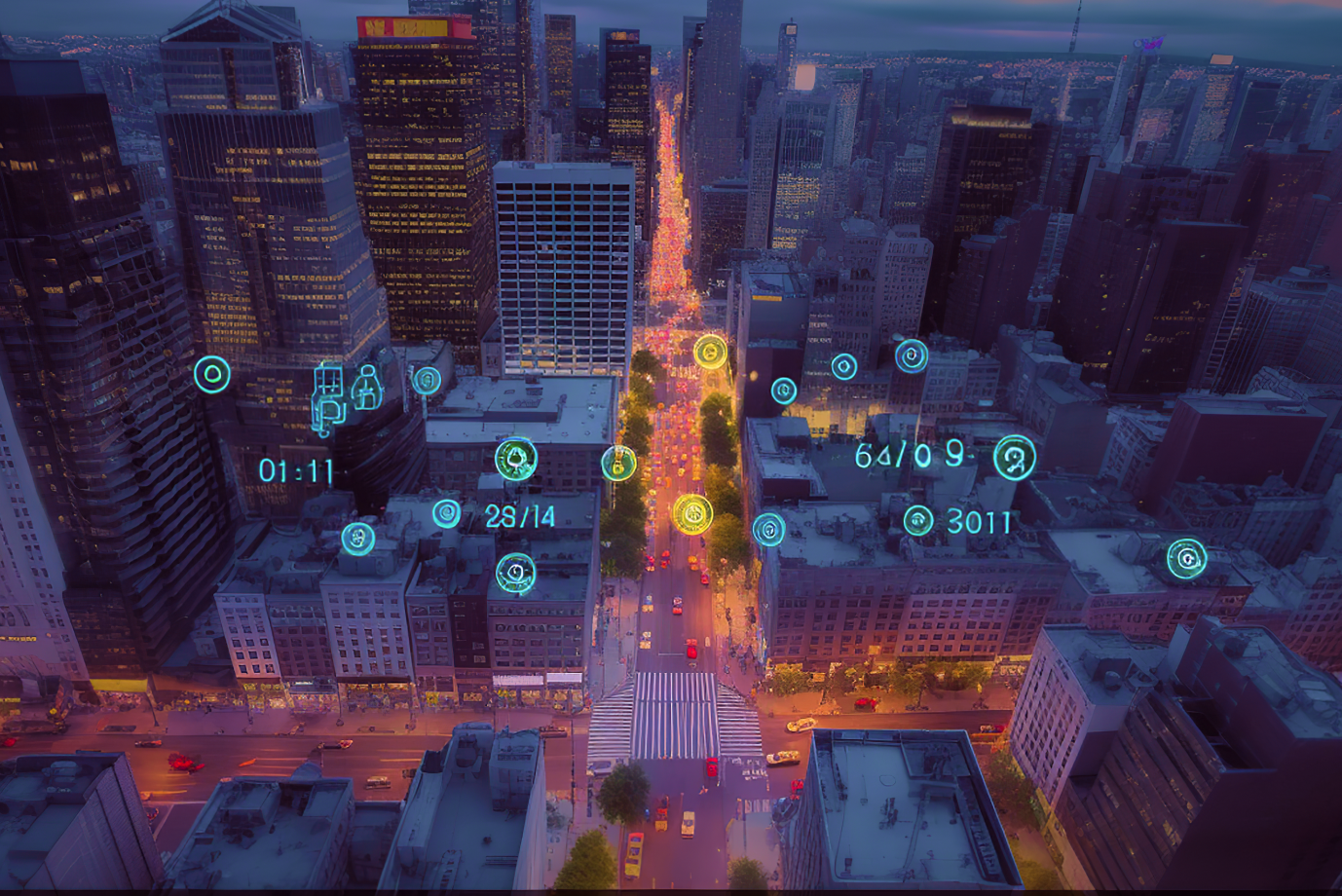AI Quality Control for Accurate, Efficient Results
Beyond Human Error: AI as a Quality Control Champion
In industries where precision and compliance are non-negotiable, human error is a persistent challenge. Whether in construction, healthcare, or manufacturing, even the most skilled professionals can make mistakes. These errors, while often small, can have far-reaching consequences—delays, rework, or regulatory penalties. Artificial Intelligence (AI) has emerged as a game-changing force, reshaping AI quality control across industries by elevating accuracy, efficiency, and consistency to unprecedented levels.
The Role of Human Error in Quality Control
In traditional workflows, human reviewers and inspectors are tasked with ensuring that projects, processes, or products meet a range of regulatory, safety, and quality standards. However, even experts can overlook critical details, especially when dealing with vast amounts of information. Fatigue, biases, and manual oversights can all lead to errors. In industries like Architecture, Engineering, and Construction (AEC), such mistakes can result in missed compliance issues or costly project delays.
In manufacturing, a single error on a production line could lead to product defects, triggering recalls and damaging reputations. In healthcare, incorrect data input or misinterpretation can affect patient outcomes, while financial services risk non-compliance and heavy fines due to regulatory errors.
AI's Edge in Accuracy and Consistency
AI’s strength lies in its ability to process and analyze large amounts of data with speed and precision. Unlike humans, AI doesn’t get tired or overlook small details. Instead, it can scrutinize every aspect of a project or product according to predetermined rules, detecting errors that might be missed by human eyes.
For instance, Blitz is an AI-driven tool that reviews building permits and ensures compliance with local regulations. The tool automates the permit approval process, ensuring accuracy and consistency by implementing predefined review criteria for every project. This eliminates the common human errors often found in manual reviews, such as overlooking new regulations or data input mistakes. By reducing these errors, projects stay on track, ensuring timely approvals without compromising on quality.
Beyond construction, other industries are also benefiting from AI’s accuracy. In the automotive industry, AI-powered quality control systems use machine vision to inspect every car component during assembly. These systems can identify defects in real time, such as misaligned parts or paint imperfections, ensuring that only products meeting the highest quality standards reach the market. This level of precision reduces costly recalls and improves customer satisfaction.
Consistency Across Industries
One of AI’s most compelling advantages is its ability to deliver consistent results, no matter the complexity or scale of the task. In industries where every product or project must meet strict standards, this consistency is invaluable.
Take the pharmaceutical industry, for example. AI-driven quality control platforms are used to monitor drug production lines, ensuring compliance with stringent regulations. These platforms can analyze data at every step of the manufacturing process, identifying deviations or potential issues early on. As a result, companies can produce safer drugs more efficiently while ensuring that each batch meets regulatory standards. By implementing AI quality control, pharmaceutical companies minimize human error and enhance the reliability of their processes.
In the financial sector, AI is playing a key role in automating compliance checks. Regulatory requirements are becoming more complex, and manually keeping up with changing laws can be a daunting task. AI systems designed for compliance can analyze transactions and flag irregularities based on real-time data, offering consistency and accuracy that human audits often lack. This has drastically reduced instances of fraud and non-compliance while improving the speed of transaction reviews.
Enhancing Human Expertise
AI’s role as a quality control champion does not imply the replacement of human expertise. Instead, it acts as an enhancement, allowing humans to focus on higher-level decision-making and problem-solving. AI takes on repetitive, data-intensive tasks, reducing the cognitive load on professionals and enabling them to allocate their time to more complex challenges.
For instance, Blitz assists planners by automating the permit review process, allowing them to bypass manual hurdles and focus on strategic tasks. This synergy between human creativity and AI-driven precision leads to better outcomes and more efficient processes.
In the aerospace industry, AI is used to augment human oversight in aircraft maintenance and production. While engineers and technicians still play a critical role, AI-powered systems can analyze wear and tear on components or predict when parts will need replacing, reducing the risk of failure during flight. This combination of human expertise and AI-driven analysis ensures safety and reliability, both critical factors in this high-stakes industry.
The Future of AI in Quality Control
As industries embrace digital transformation, the demand for flawless, efficient quality control will only intensify. AI’s ability to deliver consistent accuracy, streamline processes, and reduce costly human errors positions it as an essential tool for forward-thinking businesses. Whether in construction, manufacturing, healthcare, or finance, AI is redefining how quality control is approached, empowering teams to focus on innovation rather than manual oversight.
Ready to take your quality control to the next level? Discover how Blitz can ensure seamless code reviews, faster approvals, and greater project success with cutting-edge AI technology.

Subscribe to Blitz News Bulletin
More Blogs
Make Your City A Leader In Smart Governance
Discover the power of Blitz in just 15 minutes!
Enjoy 2 weeks of exclusive access with our Try Now
© Copyright 2026 Blitz Permits Inc.



























